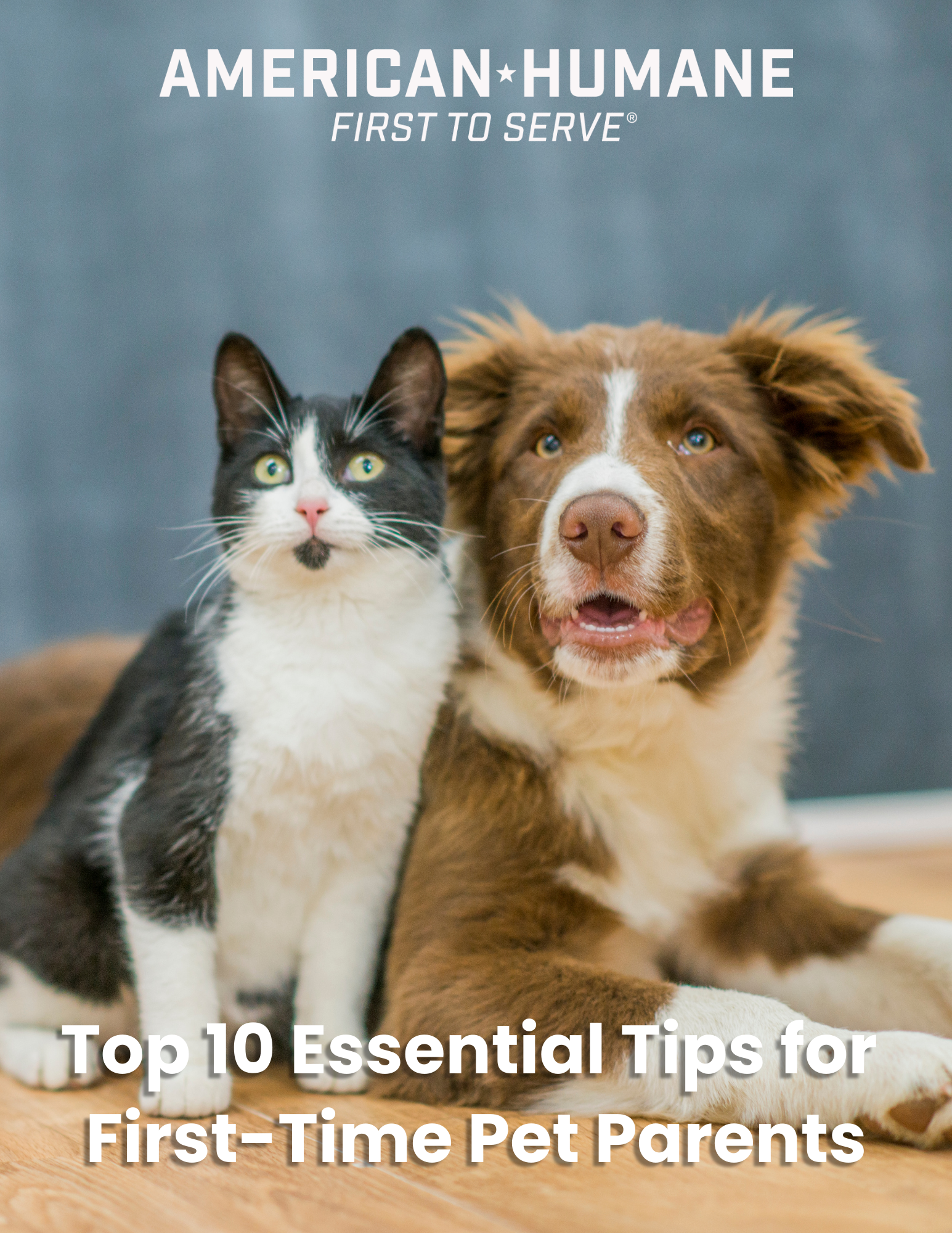Scientific research has demonstrated the link between human-animal interaction and healthy aging. Seniors having pets can improve their health and more!
IMPROVED Health
Pet ownership is one of the most common ways older adults interact with animals; over half of adults over 50 have at least one pet.[1] Research has shown that pet ownership can provide important forms of social and emotional support for older adults that can reduce distress, loneliness and improve overall quality of life. One study found that strong attachment to a pet was associated with less depression among older adults.[2]
In addition to pet ownership, animal-assisted interventions such as animal-assisted activities (AAA) and animal-assisted therapy (AAT) are increasingly popular ways older adults are interacting with animals.
Studies have shown that the bond between people and their pets is linked to several health benefits, including:
- Decreased blood pressure, cholesterol levels, triglyceride levels, feelings of loneliness, anxiety and symptoms of PTSD.
- Increased opportunities for exercise and outdoor activities; better cognitive function in older adults; and more opportunities to socialize.
- Studies show older pet-owning citizens have lower blood pressure and cholesterol levels than non-owners, which help reduce their risk for heart disease and decrease their number of visits to the doctor.
If you are mostly immobile, a cat may be the best option because you don’t have to walk them. A small dog that uses pee pads or a caged animal may also be a good option. Senior dogs and cats are better for the elderly because they are more calm, quiet and less maintenance.
The human-animal bond positively contributes towards healthy aging in several areas, including:
- Mental Health
- Anxiety, stress, depression, Alzheimer’s and dementia
- Physical Health
- Physical activity, obesity, cardiovascular health
- Cancer
- Quality of life, pain management, early detection
For more information about Healthy Aging:
NIH – Healthy Aging
https://www.nia.nih.gov/health/topics/healthy-aging-longevity
Mayo Clinic – Healthy Aging
https://www.mayoclinic.org/healthy-lifestyle/healthy-aging/basics/healthy-aging-over-50/hlv-20049407
References
- Gee, N. R., Mueller, M. K., & Curl, A. L. (2017). Human-Animal Interaction and Older Adults: An Overview. Frontiers in psychology, 8, 1416. doi:10.3389/fpsyg.2017.01416
- Garrity, Thomas F., et al. “Pet ownership and attachment as supportive factors in the health of the elderly.” Anthrozoös 3.1 (1989): 35-44.
Human Animal Bond Research Institute
1310 L St, NW, Suite 860
Washington, DC 20005

